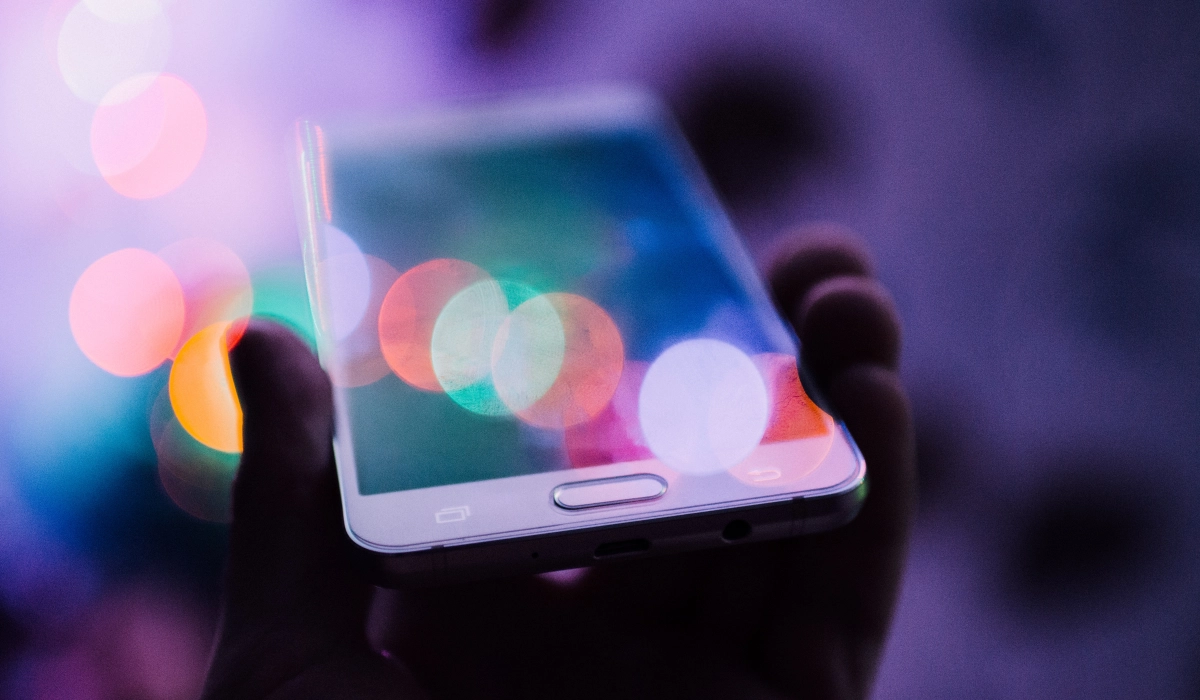As a student, having a reliable phone is essential. Whether it is to stay connected with friends and family, keep track of your schedule, or work on assignments, a mobile device is important. However, when on a budget, it can be hard to tell what to consider when choosing a phone. If you find yourself in this position, make sure to keep reading as we go over useful tips on how to spot the best phone, even when on a budget.

Table of Contents
6 Things Should You Should Note When Getting a Phone as a Student
With so many options in the market, it can be hard to know where to start. So, to help, here are six things to look out for when searching for the best phone for students:
- Battery Life
- Storage Space
- Speed
- Camera Quality
- Screen Size
- Price
Battery Life
When you’re a student, it means you are always on the go. Whether it is classes or personal events, you will likely have a lot of arrangements to handle, so it can help to have a phone that can keep up. A good battery life means you get to charge the phone less.
Today you can find many devices that offer full-day battery life. When trying to decide the best for you, consider how much you use your mobile device. If you only make calls, then a 4000 mAh battery should be more than sufficient. However, if you regularly connect to the internet or you don’t charge your device often, then go for a 5,000 mAh phone.
Storage Space
Another feature to look out for is the storage space. These days there are two types of phones when it comes to device space; there are those that come with additional SD card functionality and those that don’t.
If you are going to go for a phone without an SD card space, then you need to be careful about the base storage of the phone you’re buying because you won’t be able to upgrade it later. Students often use their phones to store video tutorials, e-books, along with other forms of media, which can take up a lot of space. When your mobile device has little storage left, this can affect the phone’s overall performance.
Speed
Having a slow mobile device can be a real hindrance for students. When your phone is slow, even navigating the menu can become a hassle. And with time being a luxury you can’t afford to waste, it’s crucial you consider the phone’s speed when making a purchasing decision. Three factors contribute to how fast your mobile device performs; processor, RAM, and storage.
The speed of the processor is measured in GHz, with higher values generally indicating better performance. The type and size of the RAM is also important. The LPDDR5 type will give the fastest RAM bandwidth of up to 6,400 Mbps, and with a size of about 8 GB, you should be good. Lastly, fast storage like Samsung’s UFS 4.0 chips combined with at least 256 GB of space will mean your device’s read and write speeds are very fast.
Camera Quality
A good camera means you are able to capture those special moments with ease and at excellent quality. When reviewing a phone, check out both its photo and video performance. Apple, Google, and Samsung smartphones have some of the best cameras, but there are also upcoming contenders like Xiaomi you might want to consider. It’s important to note when comparing phones that the one with more megapixels won’t necessarily produce the better image. These days it’s a combination of hardware and software, so feel free to test the phones out yourself before committing to buying one.
Students often can’t allocate enough time to do proper research into mobile devices before purchasing because they are very busy with their schoolwork. If you need some help with your studies as you shop for a proper device, you can hire a writer from Grab My Essay. With a bit of external assistance, you can keep your grades up and still get to invest your time and attention into picking a perfect smartphone.
Screen Size
The size of your phone’s screen will affect how you navigate with it and watch media. Pick a phone that you are comfortable holding. If it’s too big, then you might accidentally drop it, and if it’s too small, you won’t find it easy to swipe through the pages or type messages. Also, if your screen is small, you could strain your eyes when watching videos or reading text.
Price
Lastly, it is essential to consider the price. A student’s budget isn’t always the biggest, so you might have to make some concessions when choosing a phone. Generally, today you can get a mobile device that will meet all the requirements covered in this article for just for $500. However, if you have the money for something premium, there is no shortage of devices to choose from.

In Conclusion
Choosing the best phone when a budget can feel very confusing, especially with the number of features to consider. However, as long as you target a good battery and camera, along with suitable storage and speed, you should be able to find a phone at student-friendly prices. Happy phone hunting!
Author’s Bio
Tori Eslinger is a writer and tech enthusiast. She enjoys covering the latest trends in the mobile phone industry and sharing articles that explain them in the simplest of ways. Tori considers herself an adventurer and is constantly seeking the next thrill, whether it’s hiking or mountain climbing.